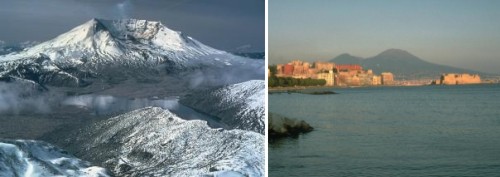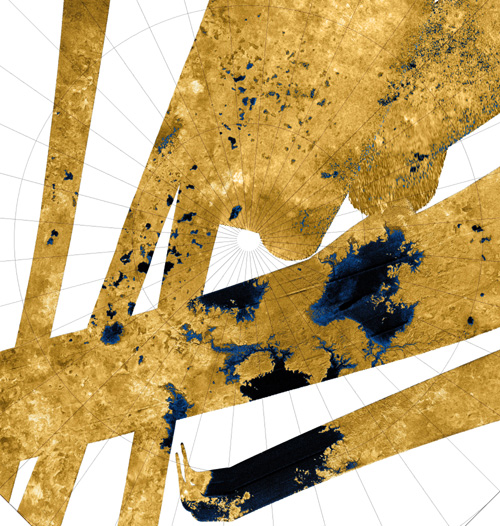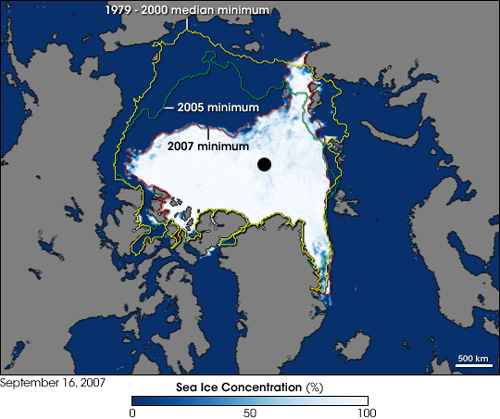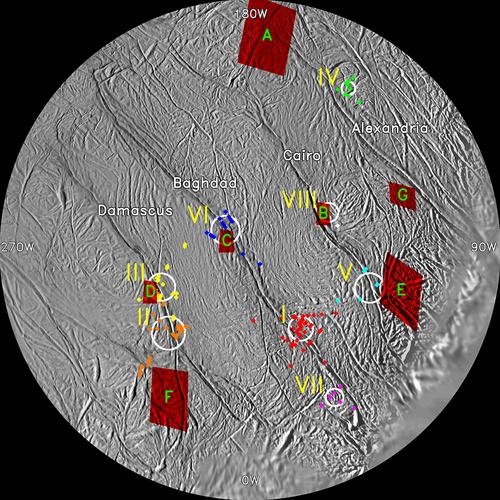The theme for the second edition of The Accretionary Wedge is “Total Destruction”. Anyone who has studied geology knows that there is no shortage of things on, within, and even outside the Earth that are capable of making things decidedly unpleasant for human civilisation. Some of us have even become professional doom-mongers, never passing up an opportunity to explain in gory detail how we’re all going to be wiped out by an asteroid strike, or a megatsunami, or a supervolcanic eruption. Unfortunately, constantly proclaiming “The End is Nigh (give or take 10,000 years or so)!” encourages a certain fatalism, ignoring the fact that for many of the geological hazards most likely to affect us, it is possible to for us to take steps to minimise the risks; the problem is that we’re just not very good at it. To illustrate this point, I’m going to use two of the more famous volcanoes in the world: Mount St. Helens, and Vesuvius









Nice plan for content warnings on Mastodon and the Fediverse. Now you need a Mastodon/Fediverse button on this blog.